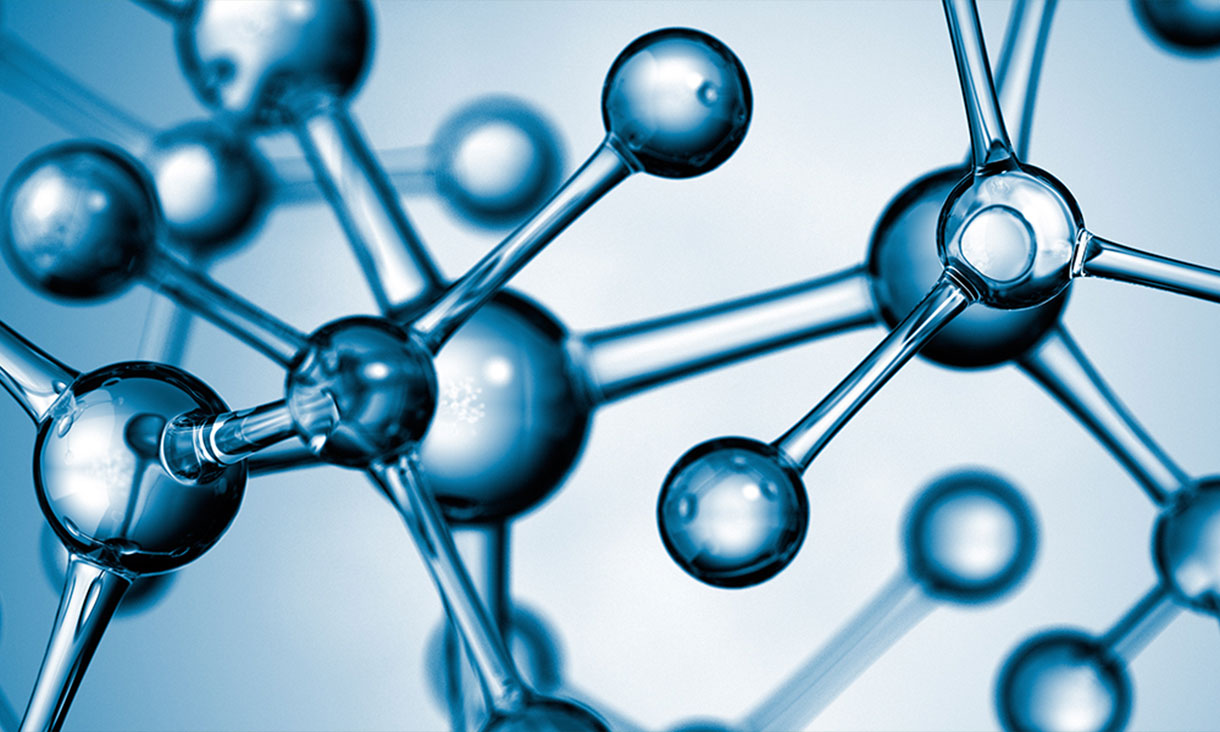Applied science
RMIT's applied science courses give you the flexibility and freedom to shape your own path, offering the opportunity to explore a broad range of scientific disciplines at all levels of study.
Biomedical engineering
Biomedical engineering at RMIT is collaborative and interdisciplinary, encompassing science, medical science, IT and engineering.
Medical sciences
Medical sciences at RMIT maintains strong links with industry to ensure our courses are relevant and meet the needs of industry, government and the community.





